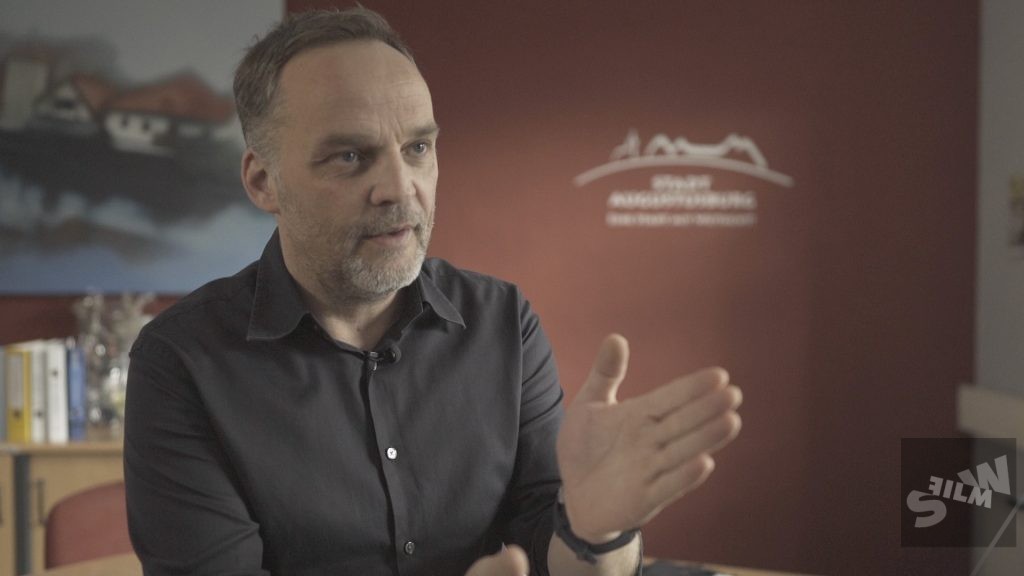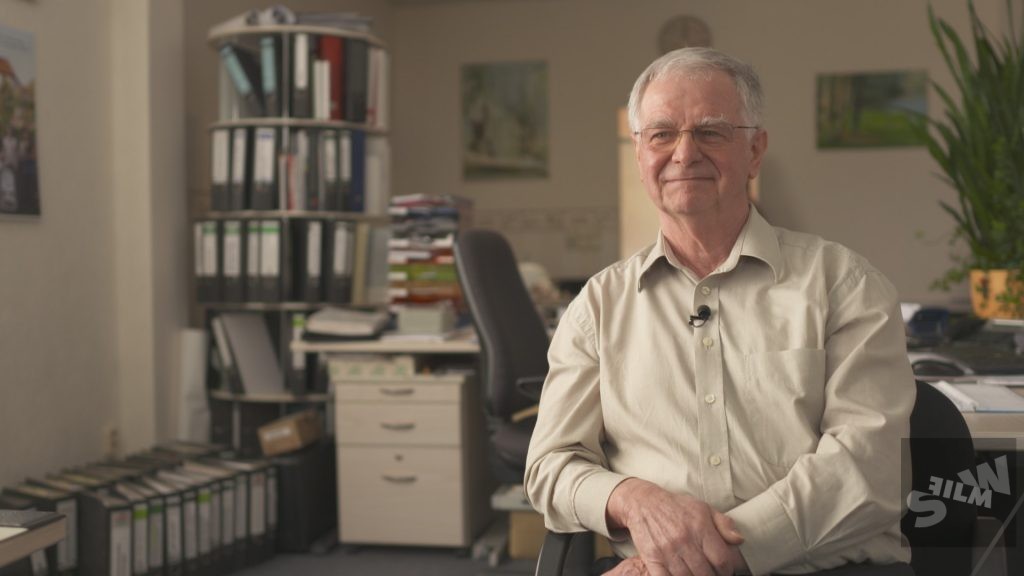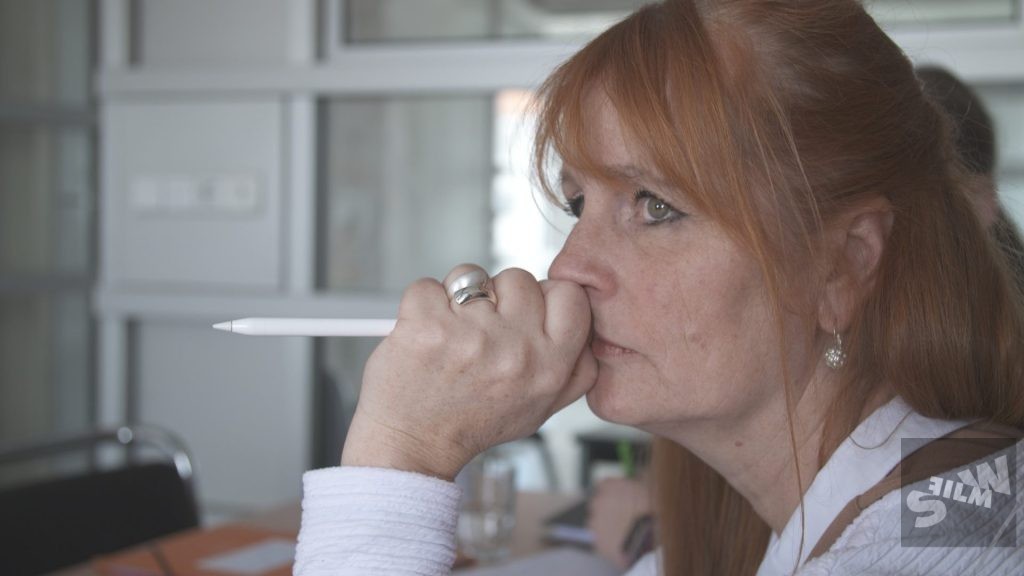“We must not allow local politicians in our country to become the doormats of frustration. The very engaged locally committed people who are the base of which the edifice of democracy rests.” These were the words of Frank-Walter Steinmeier at a citizens’ meeting in Zwickau in March 2020. For the Federal President, the office of mayor embodies the “serious case of democracy”. For Dirk Neubauer, head of the office in Augustusburg in Saxony, it is “the last mile of politics”. But where citizens can “co-govern” at first hand, there is an increasing lack of candidates. In every third municipality in Thuringia there was only one candidate in 2018. Between Eisenach and Dresden, dozens of municipalities can no longer find a mayor. They are administered on a provisional basis or by the head of the neighbouring municipality.
Why does Anja Schwarz work seven days a week for her municipality of Bismark in Saxony-Anhalt? Why does Mayor Peter Dreiling from Marth in Thuringia want to return to private life sooner rather than later? Why is Dirk Neubauer happy every day about his office in Augustusburg in Saxony? We accompany the three mayors between the inauguration of the car park and the town council meeting, between the fire brigade honouring and the discussion of motions, between the flood of paragraphs and blogging activities – and, most recently, during their permanent crisis management in corona times.
Where do the heads of the district councils feel the pinch? What motivates them? What strategies do they have at the ready in the “political micro-space” for the emergency of democracy? How do they deal with insults and threats, which affect more than two-thirds of all office-holders?




